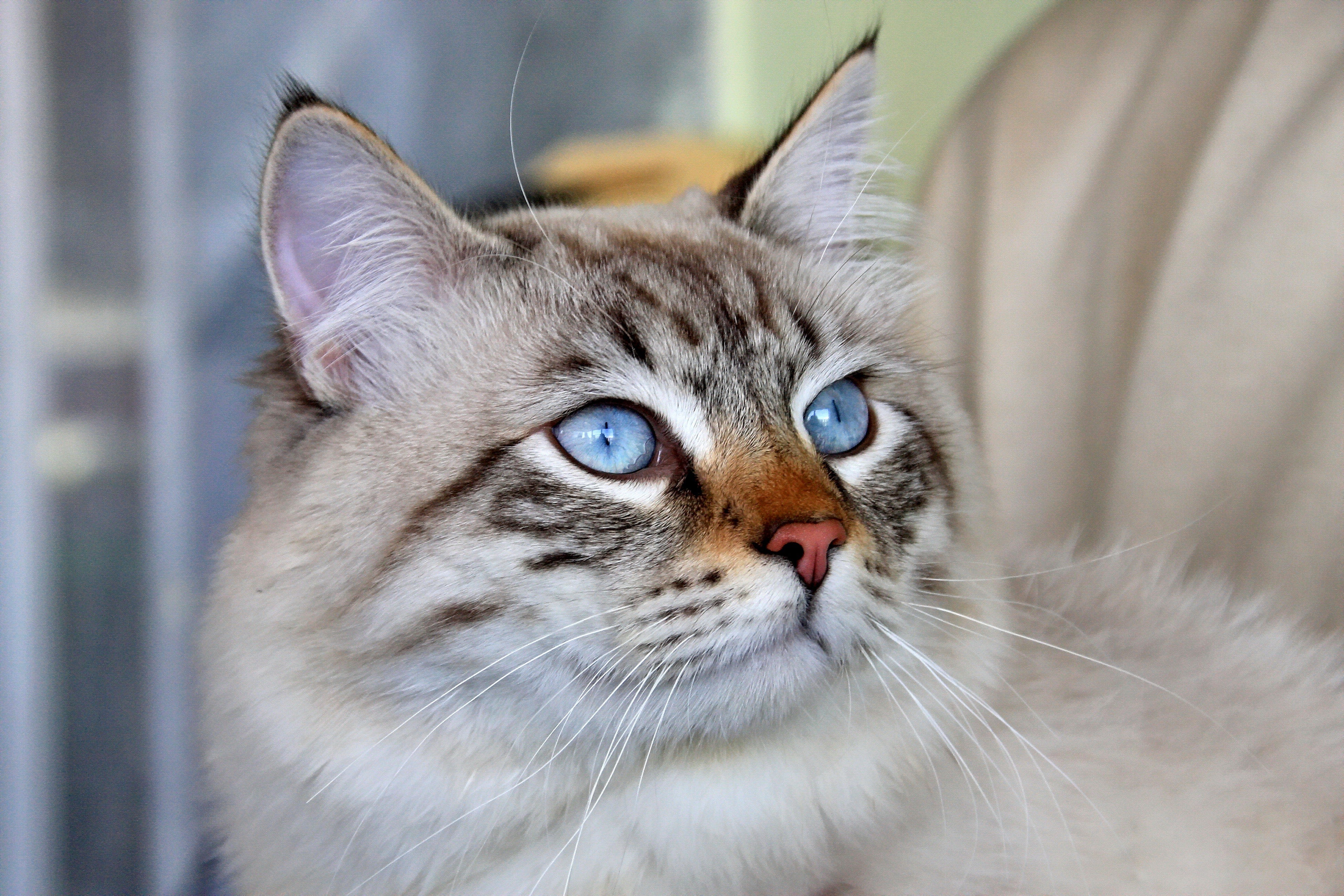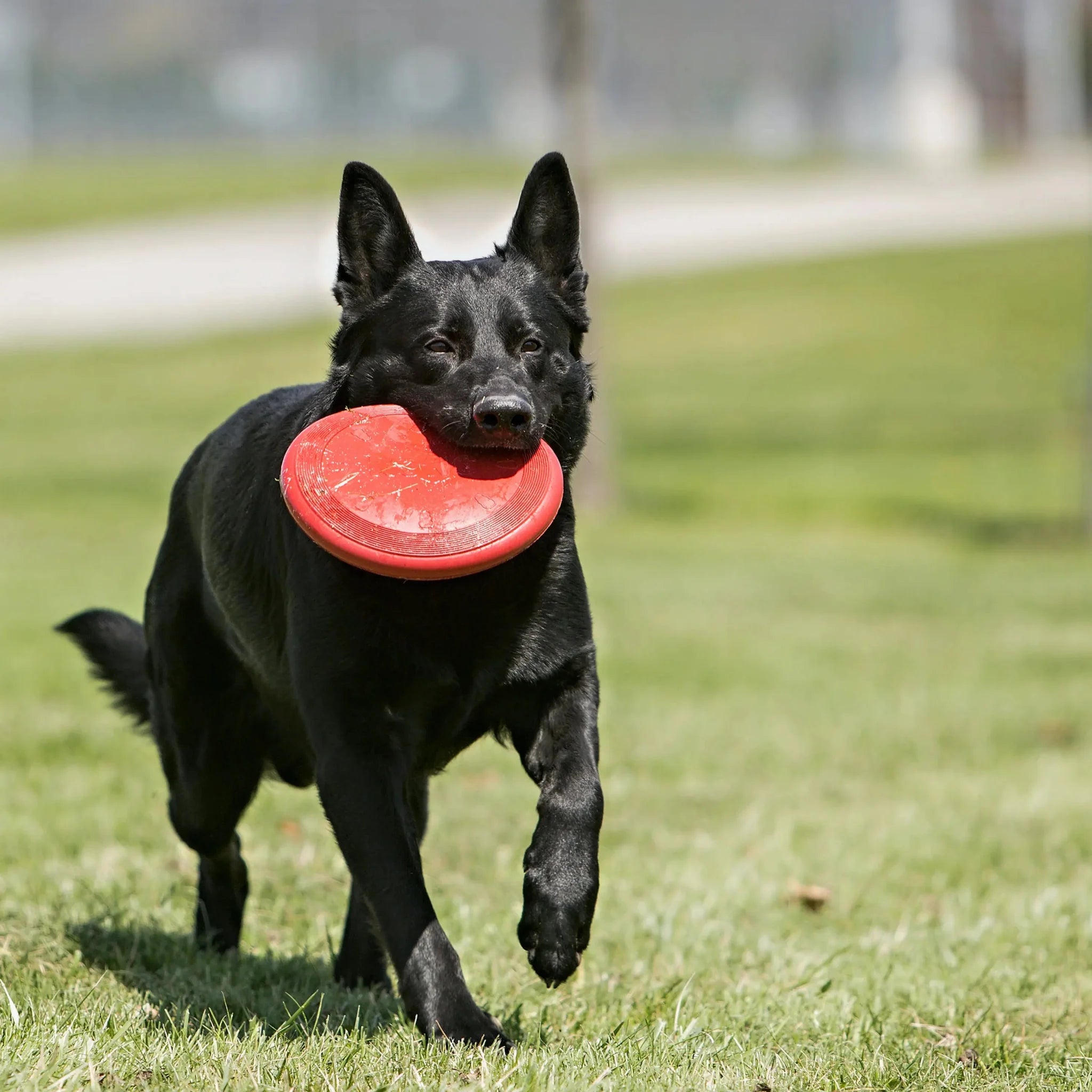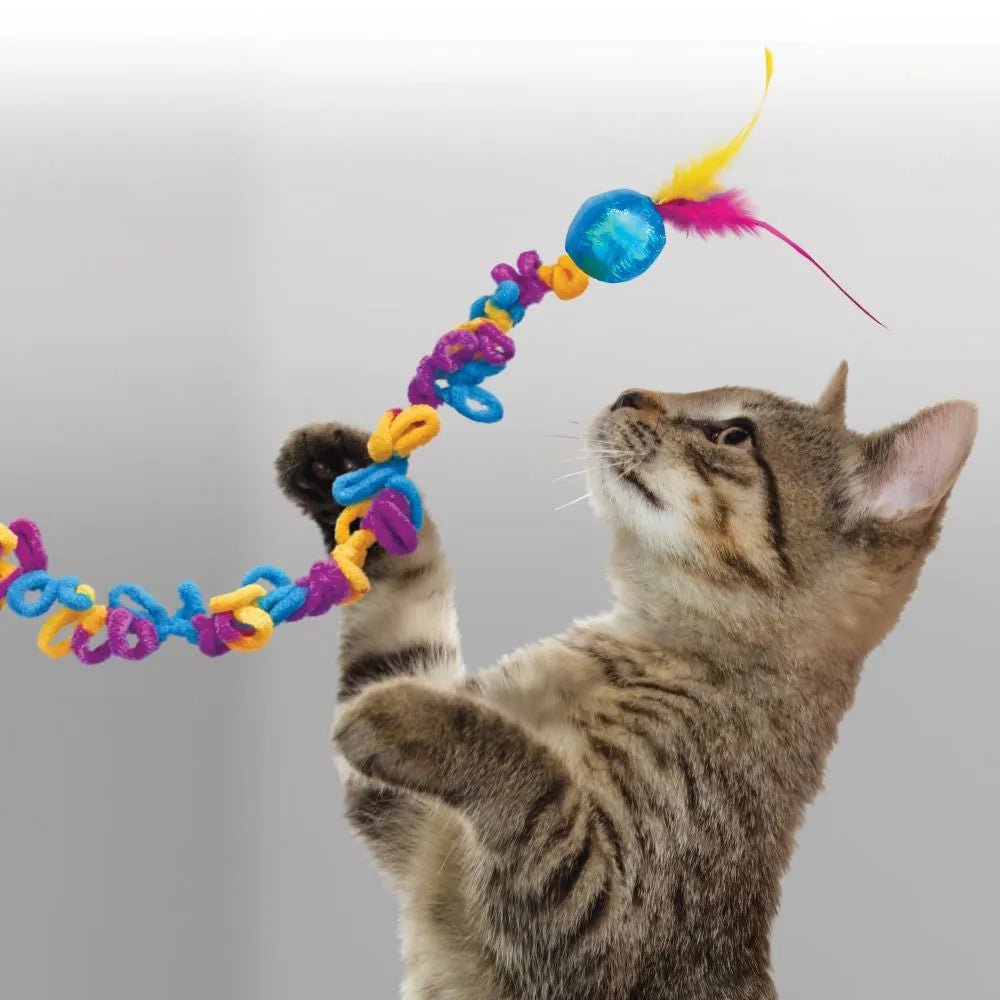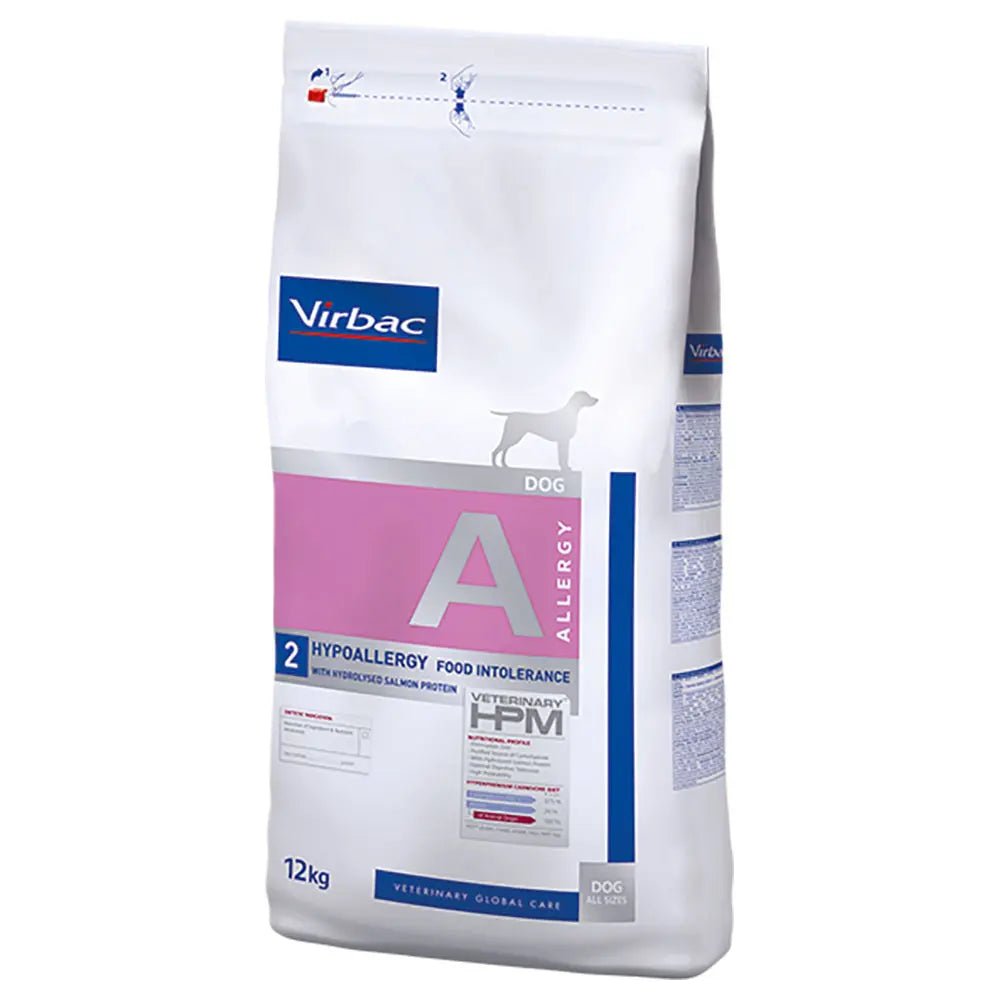The Siberian cat is a social, loyal and very friendly purebred cat. Are you wondering if a Siberian cat is the right breed for you? Read more about its personality characteristics, attention needs and health, as well as what you should consider in everyday life if you get a Siberian cat.
race facts

Child-friendly

Attention needs

Energy level

Talkativeness

Fur care

shedding
Facts about the breed
The Russian Siberian cat is a robust cat breed with a young mind. They are good mousers, playful and many Siberian cats also love to splash in water! The Siberian cat, or "Siberian forest cat" as it was previously called, has a thick and good coat, like our Norwegian forest cat . Siberia, known for its polar conditions with sub-zero temperatures and snow, is thus an easy match for the oily coat of the long-haired Siberian cat.
What can you expect as an owner of a Siberian cat?
Personality
Personality
The Siberian cat is considered a social cat with a calm temperament. You can often notice the Siberian cat following you around to observe what you are doing, or strike up a conversation. Above strangers, it can stay in the background and seem somewhat reserved at first. But it doesn't take long before it feels safe and shows its true personality! As a family cat, the Siberian cat is a good candidate, as it gets along well with both children and other cats or dogs.
Energy and attention needs
Energy and attention needs
Siberian cats need a lot of mental stimulation, for example through interactivecat toys and cat puzzles that provide brain stimulation. Because they are so intelligent and often eager to learn, there is nothing stopping you from teaching your Siberian cat simple commands with treats or clicker training. Siberian cats also love to be active, and will happily go outside to climb trees and explore new adventures. It is a good idea to invest in both scratching furniture and a climbing frame in your home so that they can get out their physical energy when they are indoors. Although the Siberian cat is a social cat, it does not have the same high need for attention as some other cat breeds that can be perceived as clingy.
Health
Health
Size and appearance
The Siberian cat is a fairly large cat, with a muscular body under its thick coat. The coat comes in many color variations and patterns, such as tortoiseshell, tabby, and smoke.
Weight
Male Siberian cats weigh around 7–9 kg, while females are usually between 4.5 – 7 kg.
Lifespan
12 – 15 years
Hereditary diseases
Hereditary diseases in Siberian cats include hypertrophic cardiomyopathy , which is the most common form of heart disease occurring in cats.
Fur care
Fur care
The Siberian cat's coat is long, thick and dense, with waterproof guard hairs. It is important to get your Siberian cat used to being brushed with a cat brush or comb regularly from a young age, as some grooming is required to avoid knots and tangles. Comb through the coat at least once a week, and more often during the spring when the winter coat falls out. Although no cat is completely allergy-free, some owners of Siberian cats find that it is more allergy-friendly than other cat breeds.
Food and nutrition
Food and nutrition
When choosing cat food for a Siberian cat, you should choose a type of food that is adapted to the cat's health, age and lifestyle. If you have just got a Siberian kitten, it needs kitten food so that it grows as much as it should. As with all cats, the cat should have access to clean, fresh water. It may also be a good idea to plant cat grass for your Siberian cat indoors, or buy cat food that is specially made for hairballs in the stomach.
If you want to become the owner of a Siberian cat, you should make sure to find a reputable breeder. How much a kitten costs will vary, but you can expect a price of between 10,000 - 20,000 NOK for a Siberian kitten.
Having purebred cats as pets has become very popular, but unfortunately this has resulted in many unscrupulous breeders who engage in unethical breeding for profit. Therefore, it is important for you as a buyer to get information about how the cat was bred so that you do not contribute to cats with hereditary and serious diseases being born. If a purebred cat is sold without a pedigree, you will never know whether the kitten has been stolen, or whether illegal trade has taken place.
A serious breeder in a federation must follow strict requirements for animal welfare and health. Good breeders will also demand something from you to ensure that the cat has a good life. Remember to check if the breeder is registered through the Norwegian Cat Breeders' Association (NRR) / FIFe / TICA and that the pedigree, health certificate (and possibly the purchase contract and vaccination card/veterinary passport) are included.








